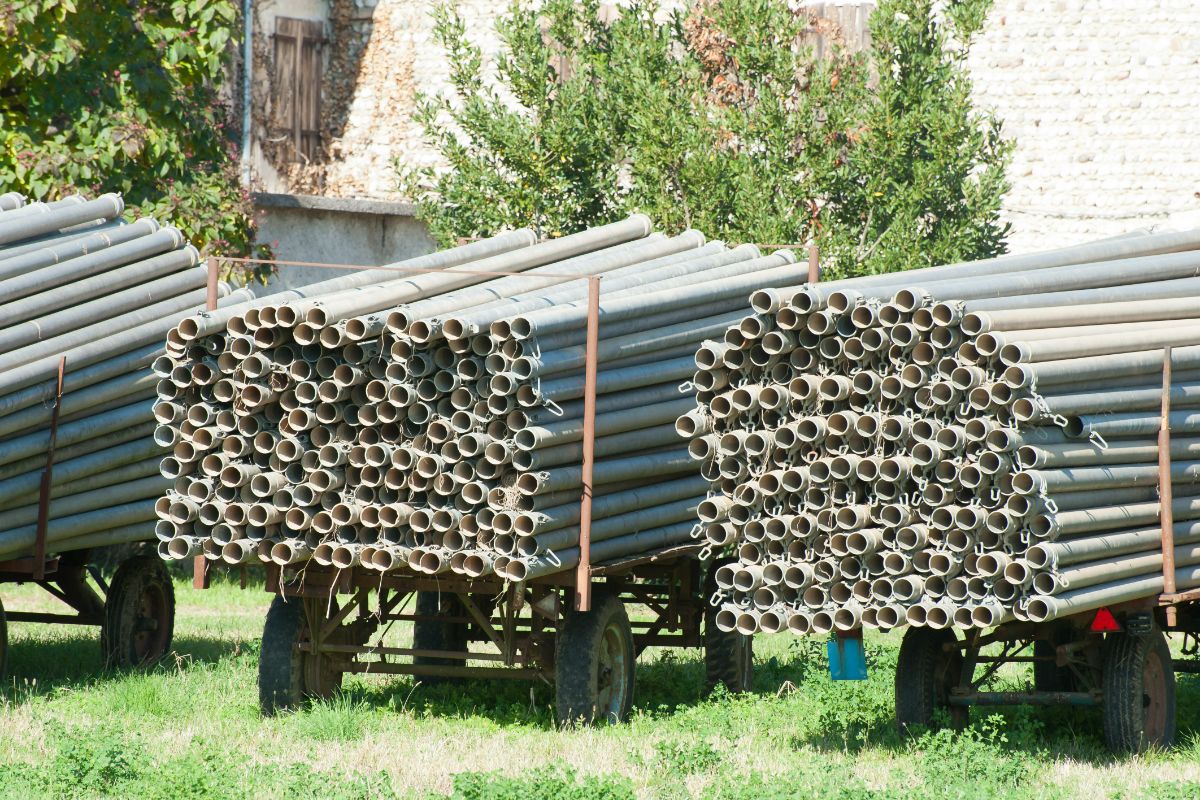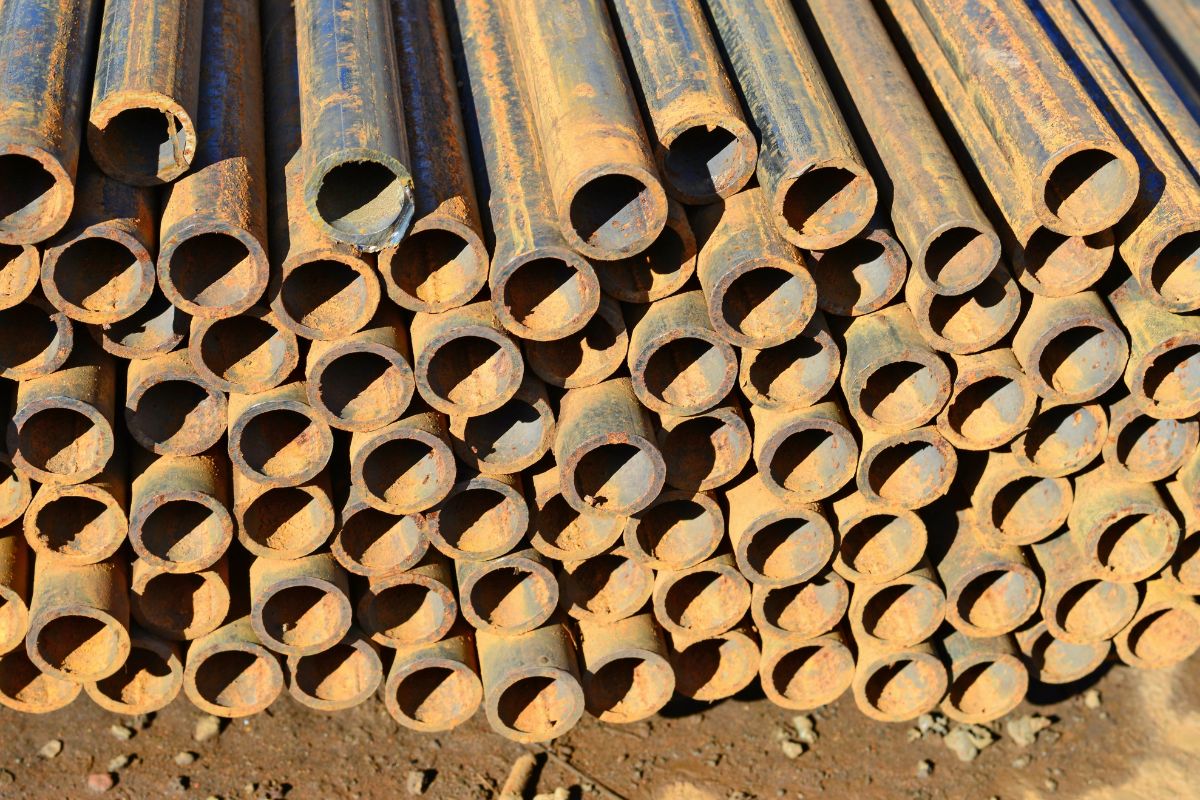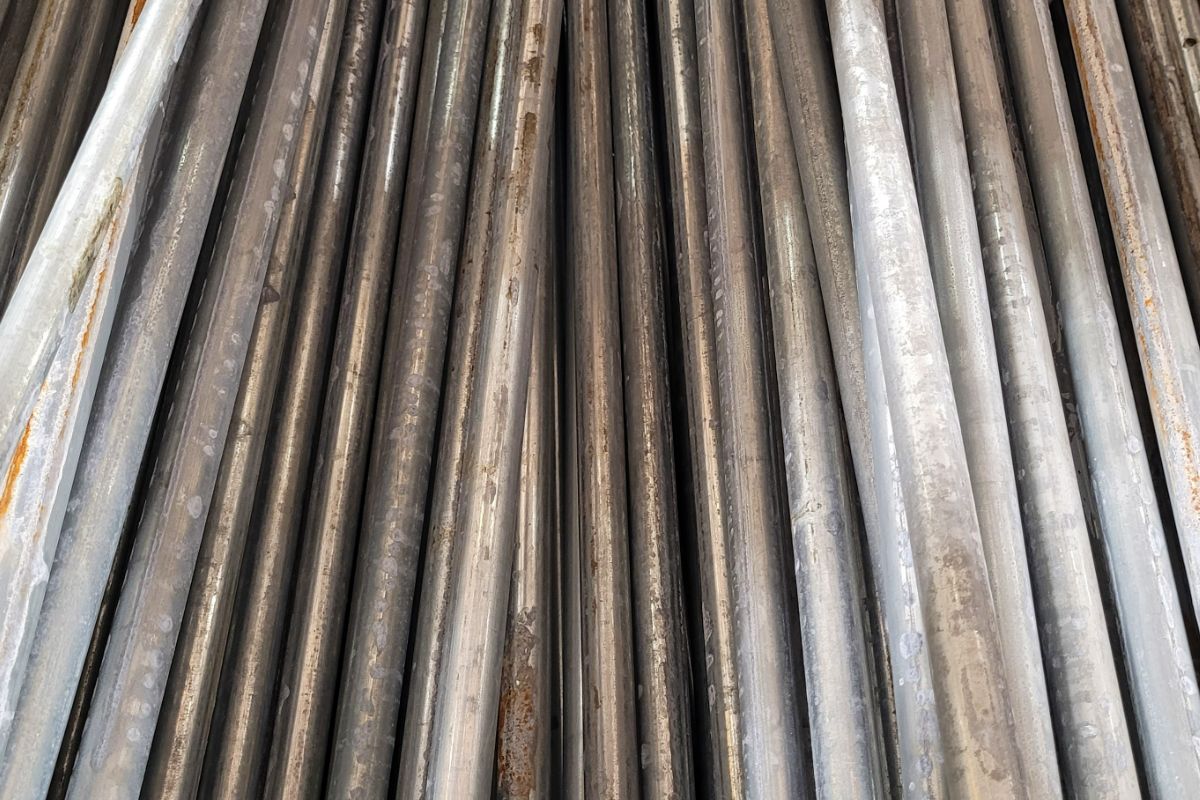
Factors that Cause Corrosion of Steel Pipes in Soils
What are the factors that cause corrosion of steel pipes in soils?
- Moisture
- Oxygen
- Temperature
- Soil composition
- Soil resistivity
Overview
- Moisture in the soil acts as an electrolyte, accelerating corrosion while fluctuating oxygen levels create differential aeration cells that lead to localized corrosion.
- Temperature changes can damage protective coatings, increasing corrosion risks. Soil composition, including microbial activity and sulfate-reducing bacteria, also contributes to pipe deterioration.
- Soil resistivity affects the rate of corrosion, with low-resistivity soils enhancing electrochemical reactions.
- To combat these issues, consider corrosion-resistant pipes, use protective coatings, and implement regular maintenance and soil testing to extend the lifespan of your piping system.
Corrosion in steel pipes remains an issue posing both operational and safety challenges in piping systems. Although it’s a well-known problem, understanding what causes corrosion of steel pipes in soil is crucial, especially when you’re selecting replacement pipes.
These pipes are susceptible to corrosion in various environments, including both underground and above-ground settings, primarily due to the conditions or elements in the surrounding soil. Read on to learn more.
Moisture
Moisture content in the soil is a major factor contributing to the corrosion of steel pipes, especially those buried underground. It acts as an electrolyte, facilitating electrochemical reactions that accelerate corrosion. The greater the moisture content, the more electrolytes are present, which intensifies the corrosion process.
In a construction site with high groundwater levels, steel foundation piles are embedded underground to support a new building. The constant moisture in the soil acts as an electrolyte, accelerating the corrosion of the steel piles. This increased corrosion weakens the piles over time, risking structural stability and increasing maintenance costs.
To combat this, the construction team chooses to use steel piles with a protective zinc coating or epoxy lining, which helps shield the steel from moisture and extend the lifespan of the foundation, ensuring the safety and durability of the building.
Oxygen

Fluctuations in oxygen levels within a pipe can create differential aeration cells, which are electrochemical cells that develop in localized areas. These cells accelerate corrosion in specific spots, leading to issues such as pitting or crevice formation.
Such localized corrosion can compromise the pipe’s structural integrity and durability. To address this problem, applying protective coatings or internal linings to the pipe can effectively shield it from corrosive elements.
Additionally, incorporating corrosion inhibitors into the water can further slowdown the corrosion process, helping to extend the pipe’s lifespan and maintain its performance.
Temperature
Temperature fluctuations can also cause pipes to expand and contract, potentially damaging protective coatings and creating vulnerabilities. These breaches expose the underlying metal, accelerating corrosion and undermining the pipe’s integrity.
Although controlling temperature directly may not always be possible, there are strategies to mitigate its impact. Insulating pipes helps maintain a more consistent temperature while positioning pipes away from high-heat areas can further reduce the risk of heat-induced corrosion. Implementing these measures helps extend the lifespan and reliability of your replacement pipes.
Soil Composition

Soil conditions, including microbial activity and the presence of sulfate-reducing bacteria, can significantly accelerate corrosion. These bacteria enhance corrosion through biochemical processes that intensify pipe deterioration. The interaction between soil components and microbial activity can create highly corrosive environments, compromising the integrity of your piping system.
Consider several proactive measures to mitigate the effects of soil composition on your steel pipes. These include:
- Begin by testing the soil at the installation site to identify corrosive elements and better understand the conditions your pipe will encounter.
- Opt for pipes with external coatings designed to resist corrosive soil conditions.
- Using microbial inhibitors can help control harmful bacteria and reduce their impact on your piping system.
Soil Resistivity
Soil resistivity, or the soil’s ability to resist electrical current flow, impacts steel pipe corrosion. Soil with low resistivity facilitates the flow of electrical currents, accelerating electrochemical reactions and accelerating corrosion. In contrast, high-resistivity soil can slow these reactions, reducing corrosion rates.
Use non-corrosive backfill materials with high resistivity to minimize soil-induced corrosion to combat corrosion driven by soil resistivity. Conduct regular soil testing and implement routine maintenance to track and manage corrosion risks. These strategies help protect your pipes and extend their operational lifespan.
Key Takeaway
Understanding the causes of corrosion of steel pipes in the soil can help you identify what led to the deterioration of your pipe and piping system. Recognizing these conditions is essential for selecting the appropriate type of pipe and implementing protective measures to extend the lifespan of your piping system.
Looking for replacement steel pipes for your piping system? Look no further than Supreme Steel Pipe Corp., the best steel pipe supplier in the Philippines. Here, you can be assured of high-quality, durable, and long-lasting steel pipes that can withstand the common causes of corrosion in soils. You can visit our website or contact us today to learn more.


